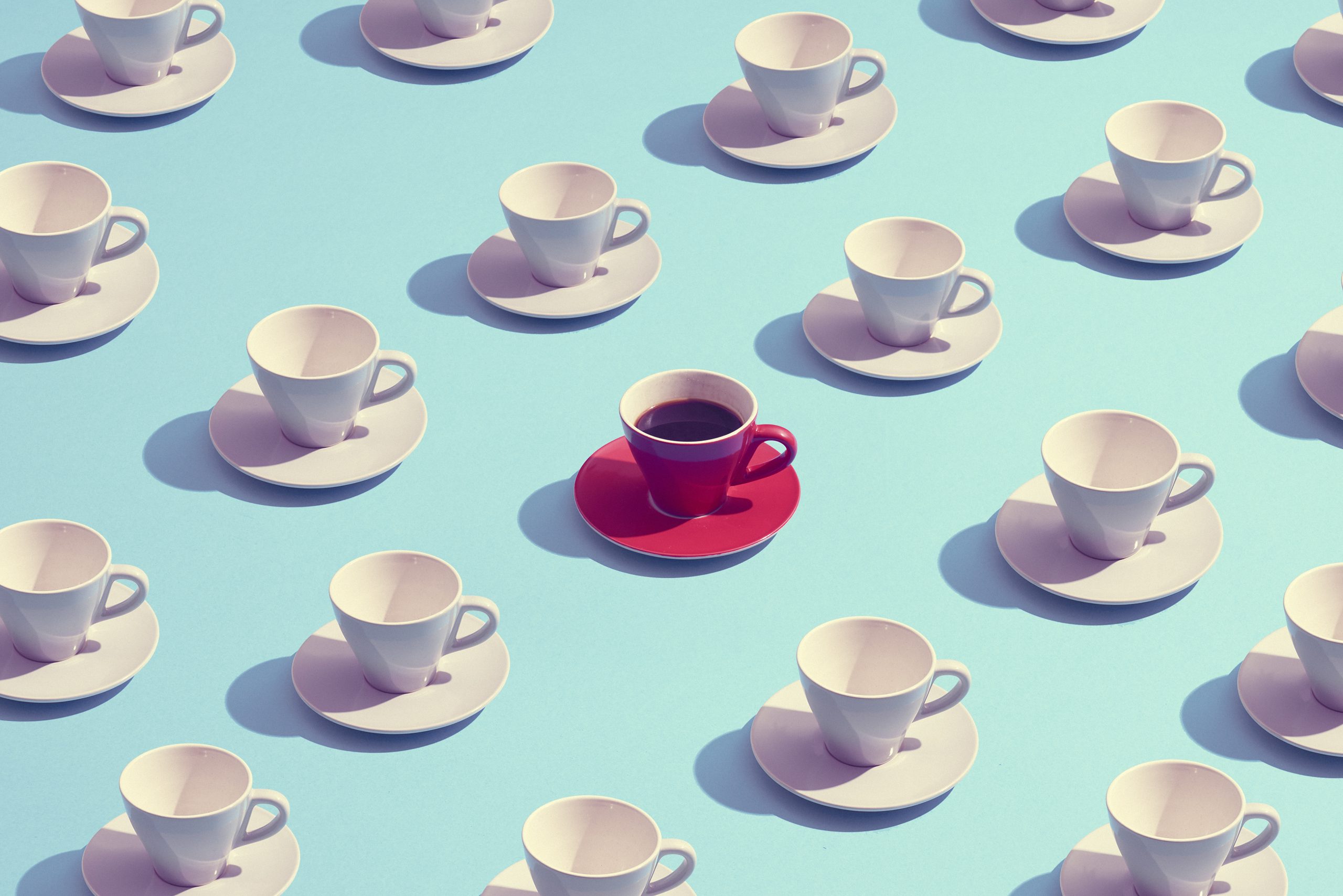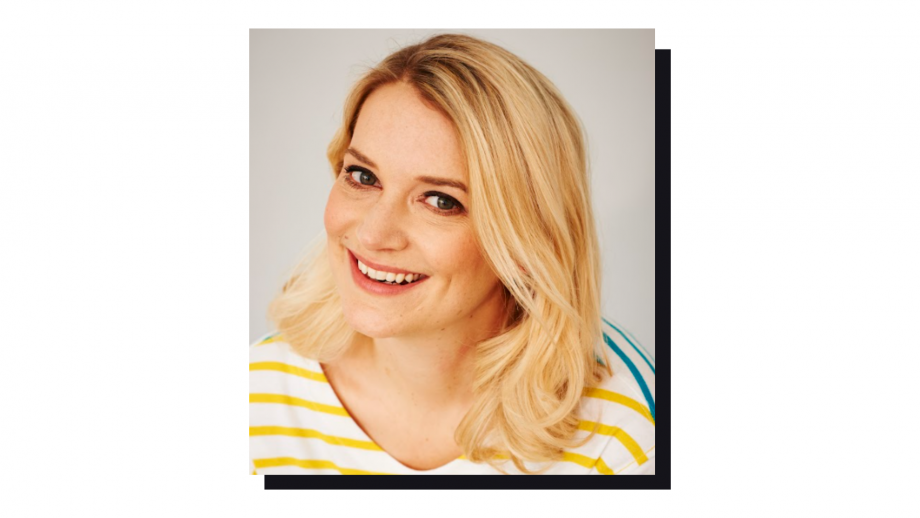7 surprising things that will happen when you give up coffee
Quitting your caffeine fix can have some surprising effects on your body


With many of us relying on it to get through each day, the idea of giving up coffee might seem overwhelming.
However, drinking too much can cause headaches, insomnia and even ruin your teeth. Yet cutting back or giving up coffee can also have a negative effect on your body. Luckily, the side effects won’t last for long.
'Side effects should stop within a few weeks, and then you should enjoy some considerable benefits in the long-term,” says personal trainer and expert Steve Ahern from Musclefood. Here’s what you need to know…
- 1) Giving up coffee can lead to headaches - Tried giving up coffee in the morning but experience headaches for the rest of the day? You’re not alone. 'Caffeine is prone to giving headaches both when you drink too much, and when you stop drinking it,' says Steve. 'This is due to it being a drug that instantly boosts adrenaline production, dopamine and other hormones that act as natural stimulants. When you stop drinking caffeine, instead of all those feel-good chemicals rushing through your blood, you end up with a flood of adenosine – the tiredness hormone. Reducing your intake slowly instead of going cold turkey will help.'
- 2) You may get a withdrawal after giving up coffee - Want the bad news? 'When giving up coffee you could end up feeling sick, low, anxious, dizzy and sluggish. Insomnia, mood swings and irritability are also common symptoms,' says Steve. 'These symptoms can last anything from a couple of days to around two weeks, depending on how much your intake was.'
- 3) Giving up coffee can make teeth whiter - Think coffee is staining your teeth and causing tooth decay? You’re right. 'Caffeine is really acidic and can erode your tooth enamel,' warns Steve. 'It also stains your teeth really easily with every sip, so by cutting back or quitting for good, your teeth should be a lot healthier – and whiter.'
- 4) Going caffeine-free can boost concentration - If you feel you can’t function properly in the morning without a coffee, it’s probably because caffeine is a stimulant. 'When you drink caffeine, your body is flooded with chemicals that make you feel perky and zoned in on a task. When you stop, your concentration is likely to decrease, and with this your productivity. It should take around a week to get over this dip, and your concentration should be back on top form – or better,' explains Steve.
- 5) Quitting coffee can make you bunged up - 'Caffeine helps keep you regular by stimulating your colonic muscles,' says Steve. Keen to avoid constipation? 'Increase your fibre intake and swap the cup of caffeine for a large glass of water and get a walk in on your lunch break to keep things moving.'
- 6) You’ll feel less stressed - Feel like your heart is jumping inside your body when you’ve had a cup of coffee? It could be causing you unnecessary stress. 'If you drink too much caffeine you could feel like your heart is fluttering, your legs won’t stop shaking and you talk at the speed of light. Your body is trying to tell you that your nervous system is totally overstimulated, and your body and mind are actually in a state of stress,” says Steve. “Ditching the caffeine will reduce this stress and help you feel nice and calm.'
- 7) Eventually, you’ll feel not so tired - 'Caffeine is a stimulant, and it hangs about in your blood stream for up to six hours post consumption,” says Steve. “This might explain why your late-night cup of coffee might be keeping you up all night. By cutting back, or stopping drinking coffee completely, you should sleep much better.'
Parenting advice, hot topics, best buys and family finance tips delivered straight to your inbox.

Faye M Smith is a Senior Health And Lifestyle writer working across Woman & Home, Feel Good You, Woman’s Own and Woman magazine. Having gained an NCTJ postgraduate diploma, Faye has worked for 15 years in journalism, covering a range of lifestyle topics for companies including the BBC, Press Association, News UK and Hachette.